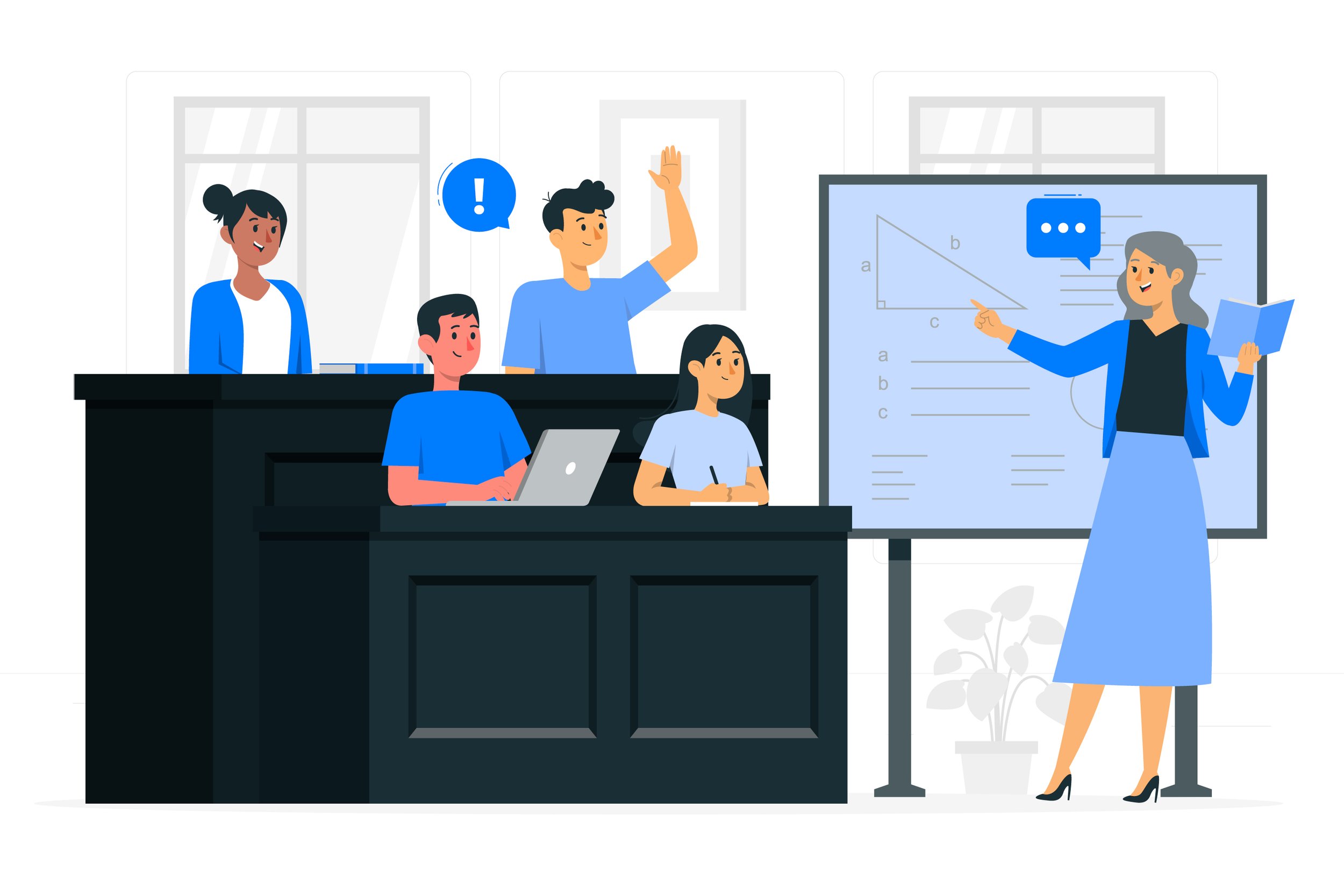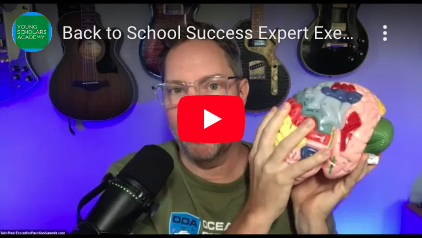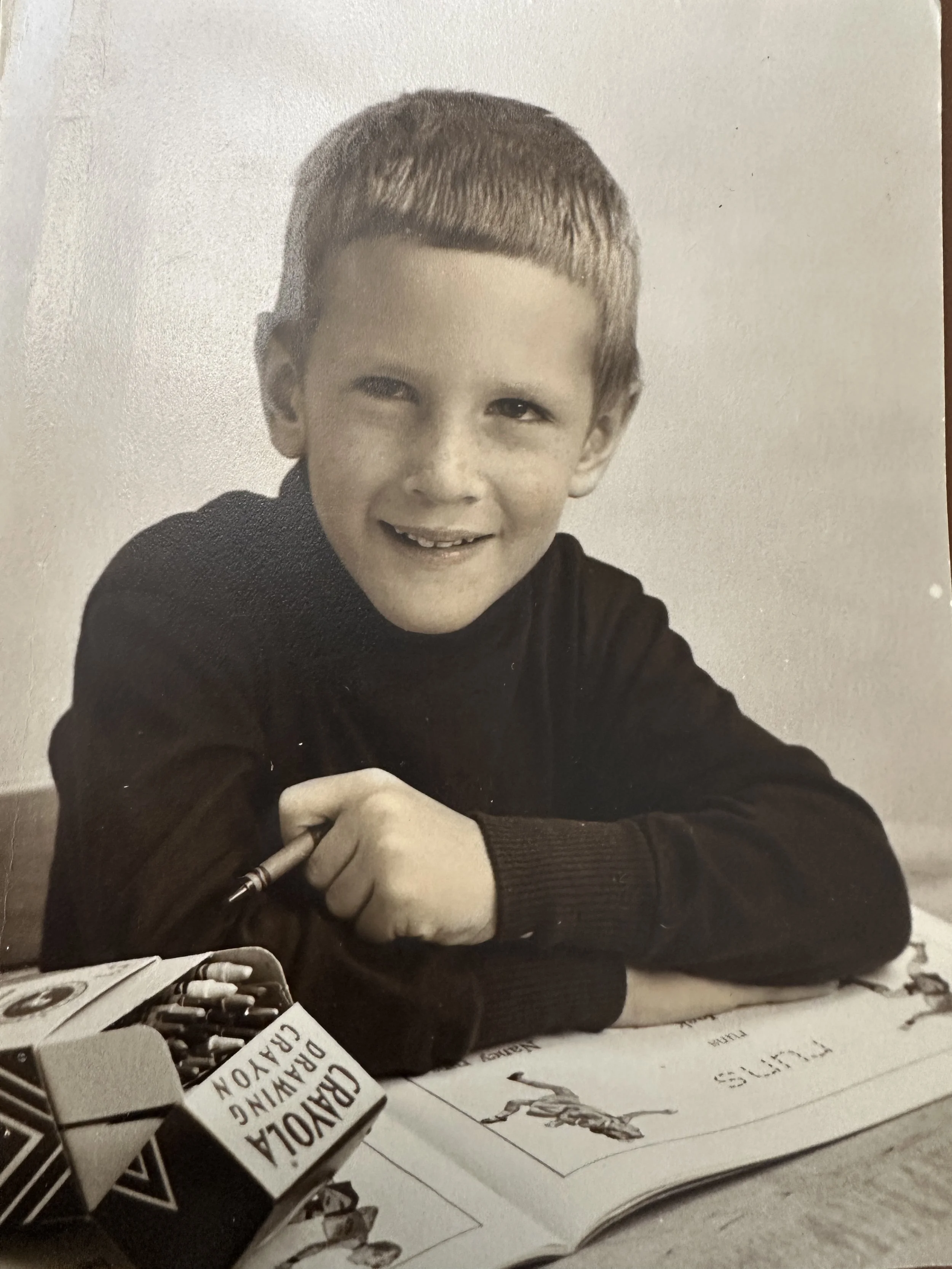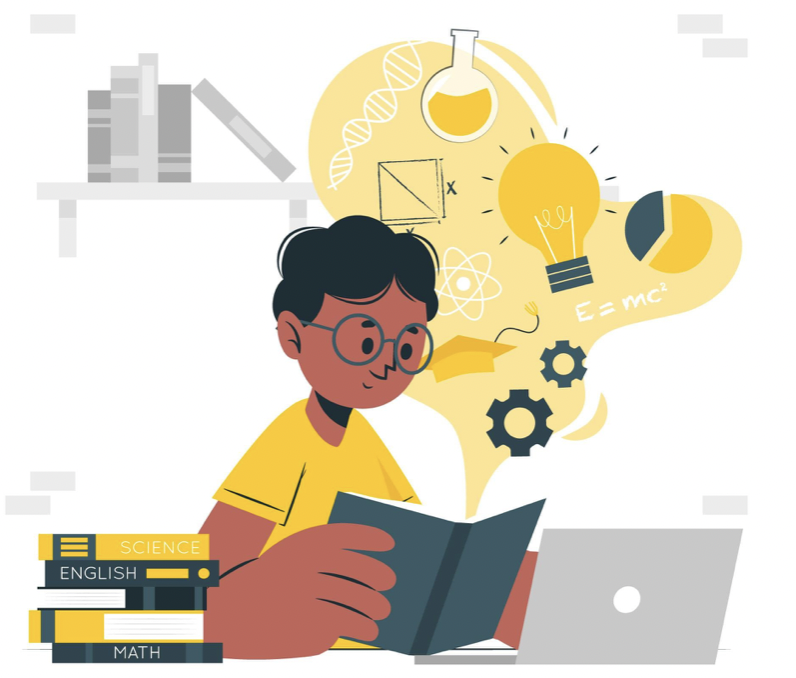
Neuro-Affirming Blog
Do you have/work with bright, differently wired students? Looking for guidance, expert tips, thought-provoking content, tools, or answers to your burning questions?
Whether you're a parent, educator, or simply passionate about supporting bright, neurodivergent learners, this blog is your go-to resource for all things neuro-affirming, and strength-based!
Scroll down to explore supportive content that is sure to help! Ready? Set? GROW!
Most Popular Blogs
Find The Content You’re Looking For
Filter by Category Below or Search For Key Words
Categories
- #2eCommunity
- #2eKids
- #GiftedChildren
- #NeuroAffirming
- #Neurodiversity
- #TwiceExceptional
- #YSAExperience
- #alphaparenting
- #college admission
- #college-prep
- #gifted learners
- #giftedparenting
- #learning differences
- #naturalchildsmanship
- #neurodivergent
- #pdastrategies
- 2e
- 2e Parenting
- 2e education
- 2e resources
- 2echildren
- 3e
- 504
- ADHD and Autism
- BackToSchool
- City Specific Resource Guides: 2e/Gifted
- Connection Over Compliance
- EmotionalRegulation
- ExecutiveFunction
- GiftedEducation
- IEP
- Integrative Mental Health
- Neurodivergent Nutrition
- PDA
- Parent Resource Guide
- Parenting
- ParentingSupport
- Seattle parenting
- Twice-Exceptional
- TwiceExceptional
- adhd
- adulting
- advocacy
- alternative learning
- anxiety
- art
- assessments
- asynchrony
- autism
- back to school

Classes Starting- Here’s What You Can Expect 🎆
I love the beginning of the year. It’s always so full of promise. It’s exciting, and sometimes a little nerve-wracking! As a parent, my first school week is best categorized by running about 5 minutes late to EVERYTHING and at least one drive-through meal because I forgot how long it takes to get somewhere. Many of our 2e kiddos need more support starting something new. The unknown can feel so anxiety-provoking!
Do you know what helps me most with difficult transitions? Knowing exactly what to expect!
In hopes that this will help your family, too, we want to make sure you know exactly what happens from the moment that you register for class to the beginning of the course.

NYC Neuro-Affirming Resources for Twice-Exceptional (2e) & Gifted Kids: A Guide for Families in the Greater New York City Area
Finding the right support for your 2e or gifted child can be overwhelming, but it doesn't have to be. This guide offers essential resources in the Greater New York City area to help your child and family thrive. From expert therapists to specialized schools, discover the neuro-affirming professionals and programs that can make all the difference.

Transform Your Child’s School Year with a Strength-Based Approach
Are you ready to transform your neurodivergent child’s school year and set them on a path to success? A strength-based approach can do just that. Instead of focusing on challenges, this method shifts attention to your child’s unique talents and strengths, empowering them to thrive academically and socially.
This article dives into the science behind why focusing on strengths can improve your child’s mental health and academic performance. Learn actionable steps to implement this approach and discover how it will positively change your family’s outlook on education and personal growth.

New Gallup Poll Paints a Bleak Picture of Education—Have A Student At Risk?
A new Gallup poll reveals alarming statistics about Gen Z students’ lack of engagement and challenge in school.
Discover why traditional education is failing and how Young Scholars Academy offers a solution for your child’s success.

Back-to-School Success: Executive Function Tips with Seth Perler
Join Seth Perler at Young Scholars Academy for expert tips on boosting executive function in twice-exceptional and differently-wired students.
Discover strategies, resources, and mindsets to help your child thrive this school year.
Get in-depth advice and support. Watch now and transform your child’s learning journey!

Finding Heroes in the Cubing Community: Importance Of Neurodivergent Mentors For Your Child
Who are your child’s heroes? What adults do they see as examples of the possibilities in their future? Speedcubing, or the hobby of solving twisty puzzles like the Rubik’s Cube, is a gold mine of twice-exceptional adults and peers. Solving the cube alone gave me confidence that I could do hard things and as I joined the community. Through virtual competitions, discussion boards, and meet-ups I looked around the room and saw people like me. I met people who were going to college, exploring their passions, starting businesses, and who had support needs and challenges like mine. Speedcubing wasn’t the only place I found my people, as I grew, I’d find them in card shops, hockey rinks, and video game servers, but it was the first and maybe it’ll be the first for your child too.

Breaking Up With Public School And Finding A School That Fits
Finding the right fit for a twice-exceptional student can feel like ordering clothes from Wish. Everything looks really good online, but then never fits in all the right places. They may have a great program for reading, but it comes at the cost of child autonomy. T

“I Don’t Know My Passion” Unlocking Your Child’s Passion With Talent
Is your child struggling to find their passion or unsure about what they want to do in the future? You’re not alone. Many parents face the challenge of helping their children discover what truly excites them. What if the key to unlocking their potential lies not in directly searching for passion, but in nurturing their inherent talents first?
Discovering one’s passion often feels like a monumental task, especially for twice-exceptional children. They might have unique asynchronies that make finding a single interest overwhelming. However, understanding that talent often comes before passion can change everything

Unraveling Child Struggles Beyond Observation with Dr. Karen Wilson
Unlock the potential of differently-wired learners with insights from Dr. Karen Wilson, Clinical Neuropsychologist, as she uncovers essential strategies for ensuring their success.
Learn about:
Root Cause Understanding: Delve deeper into why children struggle instead of merely observing.
Validation and Communication: Validate concerns and communicate with teachers to gain insights.
Observation to Intervention: Pause before intervening; validate, understand, and consider

Letting Go: Parenting 2e Kids With Freedom, Flexibility, and Autonomy
Parenting is amazing and wonderful and hard. It is almost never what we think it will be. Having neurodivergent kids can make the journey even more adventurous because there are few guideposts for their spikey profiles. The social scripting that we were given by our families almost never fits our kids.
Our 2e children often meet growth metrics in very different ways. They can be light years ahead in some places, and seemingly behind in others. They are asynchronous with the world around them, and as parents, we have to develop asynchronous support strategies.
You may have a 12 year old that can do calculus, but can’t tie their shoes. Or perhaps you have a 6 year old going through an existential crisis about the sun blowing up, but they still need their favorite stuffed unicorn at night. Few parenting books talk about…

Lessons From The River Nile
Sending you an email from a boat on the River Nile in Egypt.
As we sail down this sacred, life-giving river, I can't help but contemplate ancient civilizations, present-day cultures, and humanity, at large.
As the sun drops below the tree line, I'm sipping date juice, hearing the call to prayer ring out from the minarets as it echos off the banks of the river, all while the ever-changing fragrance from the vegetation shifts with every gust of the warm Sahara winds.
As we drift along, red and white sail thrown to the wind, my mind keeps going back to our little virtual village.
The River Nile was, and is, a source of…

Deliberate Practice – Growing as a Parent
This is all well and good for learning a musical instrument or growing in a new field, but how does deliberate practice look for families and parents? While parenting may not come with a manual, it does come with a mountain of expectations and familial and social scripts. Many parents when they find out they are expecting read all of the books, but then once that child arrives, much of that information goes out the window. So, how do we get better?

Your Child’s Big Leap: A Framework For Unleashing Your Kiddo’s Strengths
Is your child a vibrant ray of sunshine in your world, radiating unique interests, creativity, and curiosity at home, but seems to be dimmed by the demands of school and other “social norms”?
Much of life can have both us and our kiddos wondering, "What am I doing wrong?
Let’s be clear, it doesn’t mean there is anything wrong with you or your child! Quite the contrary…
The problem that you’re facing is simply a challenge of alignment- your kiddo may be out of alignment with their strengths and the tasks that they’re being asked to do.
Would you like to know how to help your kiddo break free from this cycle? It starts by….

Creating A Strength-Based Life With Intentions, Not Resolutions
Happy New Year! For many people, the new year means a chance to create a resolution. The thing is, resolutions can often include a lot of shame.
Intentions, on the other hand, are built on affirmations and goals. Instead of making a resolution this year, I invite you to set intentions around building strength-based opportunities in your child’s life.
Here are a few tips on setting intentions:
1. Focus on the present. When setting intentions, framing the intention in the present tense is important. Doing things you already believe you can do is way easier than trying to achieve something in which you doubt yourself...

How To Make This New Year Your Child’s Best Ever!
Real life can be really hard and raising a neurodivergent child certainly presents no shortage of challenges.
While our minds can often shift to the negative, it's important that we make a conscious effort to look for the positive. This doesn't always come easy and might take real work for you to get the hang of it, but it's worth it!
Just as you would want with your kids, our goal as adults is to aim to be strength-based and talent-focused as possible.
As we pivot into the New Year, this is an important time…

Rudolph The Twice-Exceptional Reindeer
I always know it's December when the flood of Christmas movies on TV swells to a tidal high. This year, I can't help but watch these classics through a different lens; a strength-based, positive psychology lens.
After watching the 1964 classic, Rudolph the Red-Nosed Reindeer, I can't help but feel like Rudolph is totally 2e!

When All the Pieces Fall
Once upon a September… I went through an intense depressive lull. For those of you who have depression or love someone who does, you know that it can be cyclical or seasonal.
Depression can look like a thousand things. My depression looked like a dark tide creeping in.
Once my depression hit, I felt like I was underwater. This was not a tide – it was a tsunami, and I could not catch my breath.
But depressive lulls, like tides, have an ebb and a flow.
The thing we can’t see in the middle of depression is that so many of the things we thought were broken or irreparably harmed are just...

Expert Tips On Supporting The Adults Who Support Your Child
We all know it takes a village to raise a child, but sometimes when our children are neurodivergent, the neurotypical village may not have the skills necessary to support our children.
Teachers, coaches, and neighbors are all part of our children’s lives, and these adults often create the framework through which our children.
If you've been wondering how you can better support your child,
here are some Expert Tips On How To Support Adults In Better Supporting Your Child:

What To Do When Your Child Is Twice-Exceptional
Parents come to the realization that their child might be twice-exceptional (2e) through several different paths…
Many parents find out they have a twice-exceptional child with this incredibly unique profile and then you find yourself saying, “Ok, now what?”
Here are a few tips to make sure you are fully supporting your twice-exceptional child...

Classes Starting- Here’s What You Can Expect 🎆
I love the beginning of the year. It’s always so full of promise. It’s exciting, and sometimes a little nerve-wracking! As a parent, my first school week is best categorized by running about 5 minutes late to EVERYTHING and at least one drive-through meal because I forgot how long it takes to get somewhere. Many of our 2e kiddos need more support starting something new. The unknown can feel so anxiety-provoking!
Do you know what helps me most with difficult transitions? Knowing exactly what to expect!
In hopes that this will help your family, too, we want to make sure you know exactly what happens from the moment that you register for class to the beginning of the course.

Get Instant Access to 12+ FREE Classes Your Child Will LOVE❤️
Classes Like “Minecraft Engineering, Intro To Acting, Executive Function 101, Debate, & More!
Just Enter Your Email Below & Tell Us Where To Send Them












